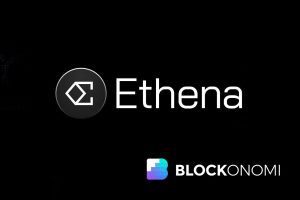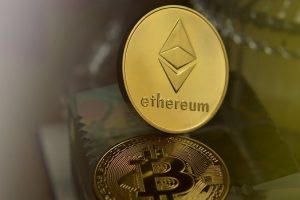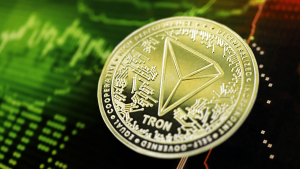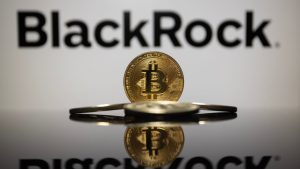Dencun is Destroying Ethereum’s “Ultrasound Money” – CryptoQuant
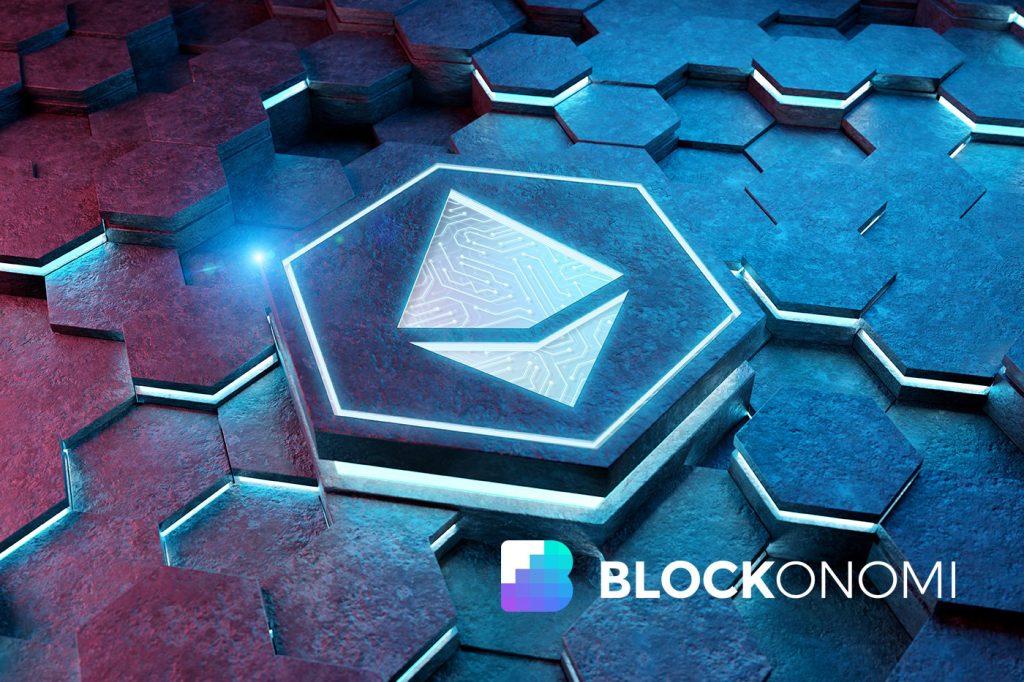
Dencun, Ethereum’s major upgrade in mid-March, while promising to enhance the network’s scalability, is showing a nasty side effect. According to analysts at CryptoQuant, Ethereum may no longer be “ultrasound money” after Dencun.
“Ultrasound money” is a term used to describe an asset with stable purchasing power that also experiences price appreciation over time. While “sound money” like gold or Bitcoin has a fixed total supply, “ultrasound money” has a decreasing total supply, which leads to deflation.
Ethereum is often labeled as “ultrasound money.” However, analysts suggest that Ethereum has become more inflationary following Dencun and that is destroying the “ultrasound money” characteristic.
As noted, Ethereum’s fee burn has dropped to one of its lowest levels since the Merge, the event that marked Ethereum’s landmark transition from a Proof-of-Work (PoW) consensus mechanism to a Proof-of-Stake (PoS) one.
People like deflation in token systems as they think it adds value. But this may not be super important compared to security.
ETH Burn?
According to data from ultrasound.money, the global ETH supply has increased by nearly 35,000 ETH, worth almost $106 million at current prices, over the past 30 days. The reason could be the dominance of layer-2 solutions, which take advantage of the Ethereum network’s inefficiencies.
The Dencun upgrade activated many improvements, a key one being EIP-4844. The proposal introduces a new block structure called “blobs” specifically designed to significantly reduce layer-2 transaction fees.
Following the Dencun upgrade, gas fees on many layer-2 networks have been in steep decline.
Ethereum’s gas prices tend to rise with higher network traffic as Ethereum has implemented a fee-burning mechanism since 2021. As gas prices increase, more ETH is burned by the network, effectively removing it from circulation.
Still An Open Market
It’s worth noting that Ethereum gas fees have also dropped significantly in recent times, averaging just under 10 GWEI, equivalent to roughly $0.5.
Analysts note that prior to the Dencun upgrade, high network activity resulted in significant ETH burning, limiting the growth of the token supply. However, they point out that the Dencun upgrade, particularly EIP-4844, reduces the reliance on network activity for fee burning.
Based on this observation, the report suggests that Ethereum’s deflationary trend may be unsustainable and the concept of “ultrasound money” might no longer be applicable
Ethereum’s Pectra Meets Controversy
Ethereum is heading toward the Pectra hard fork, the next major upgrade. However, there are controversies surrounding one of the proposals – EIP-3074. This proposal aims to enhance the convenience and security of managing wallets and transactions. Some community members have raised concerns about potential security risks.
A key concern is the Invoker stage, which is responsible for processing and packaging transaction authorizations. Without rigorous audits, there’s a possibility that malicious actors could exploit vulnerabilities at this stage.
The lack of transparency at the Invoker stage could lead to users unknowingly granting authorization to malicious actors, potentially resulting in significant asset losses.
Itamar Lesuisse, co-founder of the Argent wallet, said EIP-3074 could suffer from potential vulnerabilities. According to him, the proposal could allow scammers to withdraw all funds from the wallet with just one off-chain authentication.
“It should allow a scammer to drain your entire wallet with a single off-chain signature. I expect this will be a major use case,” Lesuisse said in a comment on X.
Mudit Gupta, Chief Information Security Officer at Polygon Labs, called for a ban on EIP-3074’s MAGIC signatures. He expressed concerns about cold wallets being compromised if transaction requests could combine them.
Despite these mixed opinions, the developer team of Ethereum decided to implement EIP-3074 in the upcoming Pectra hard fork. Additionally, the Ethereum community has proposed including EIP-7251 in the same update. This proposal aims to increase the ETH staking limit, streamlining the validator setup process for operators.






